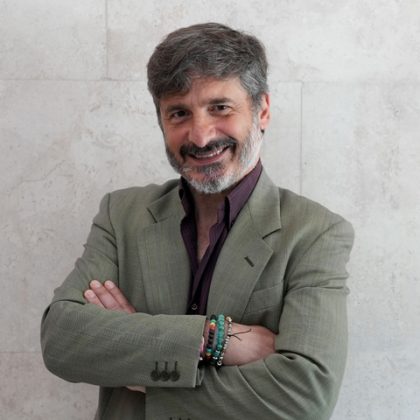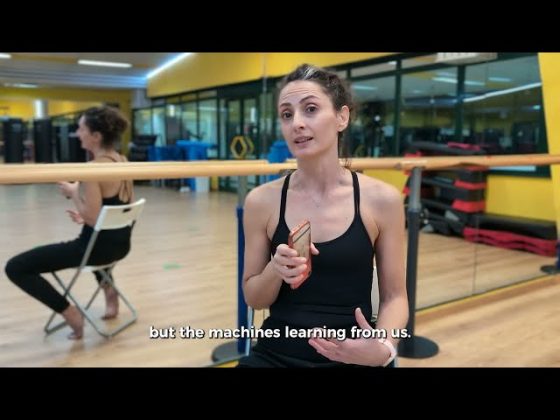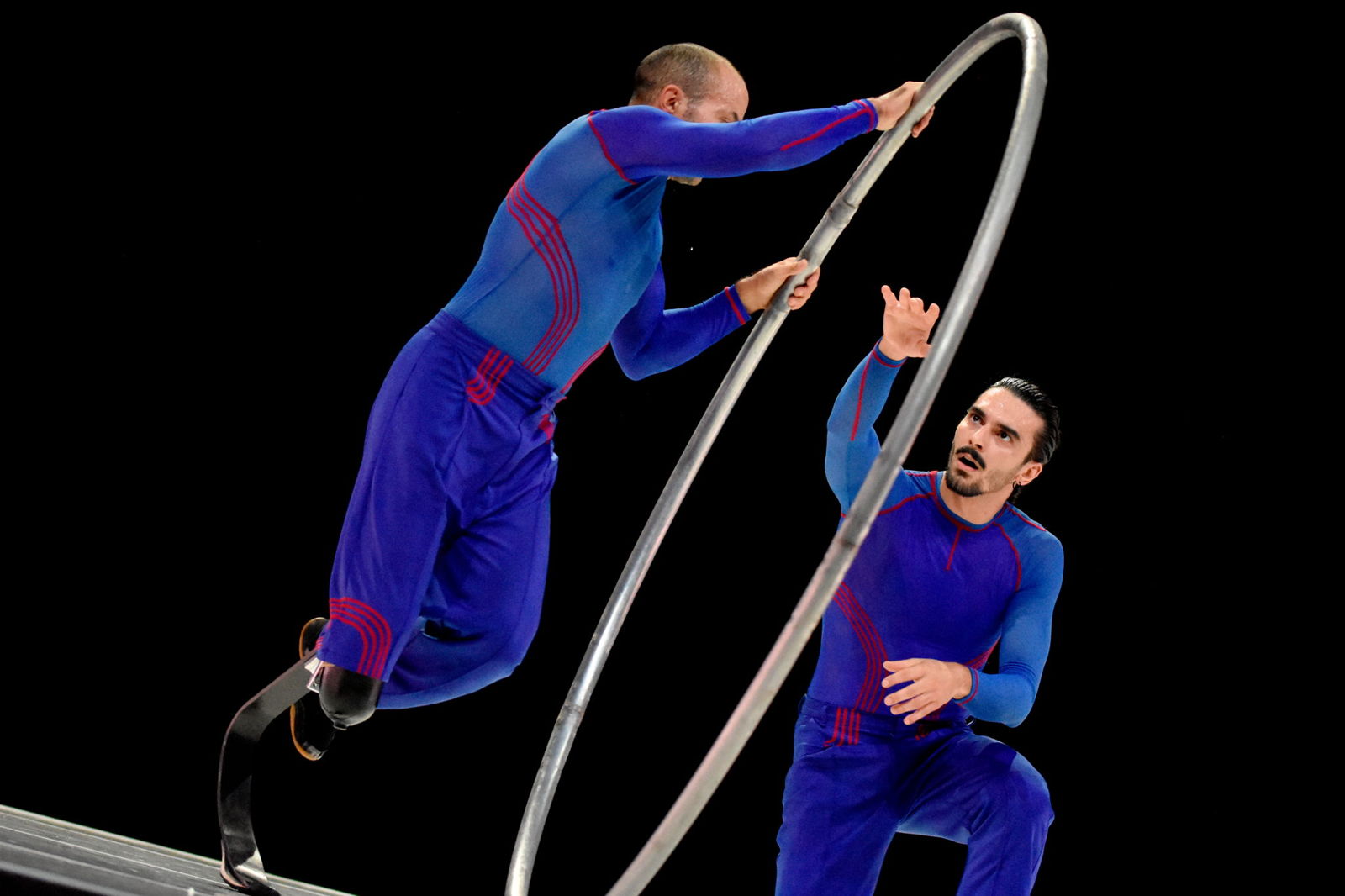
創造性は、知性の一つの重要な現れとして注目されるべきものです。新しい予想外の問題に対し、独自かつ革新的な解決策を見いだす能力は、人類を他の生命体と比べ物にならないほどの文化的・科学的進化へと導いてきました。このような背景を踏まえ、私はしばしば問いかけます。現代のAI技術は本当に創造的になり得るのか。そして、それ以上に重要なこととして、それらが私自身の創造性を探究する情熱をさらに駆り立てる存在になり得るのか、という点です。
私の「創造性の本質」への探索は、物理学から始まりました。学びを通じて、創造性と深く結びつく理論的テーマを探求し、それを機械や人工知能の分野に応用する道を歩むことになりました。この探求は、私がAI技術の未来の展望を模索し、現在の概念的な限界を超えた先にある進化を思い描くとともに、より野心的で有望な研究の方向性を模索するきっかけとなりました。
同時に、私のアイデアはすでに人間の創造性を支援するために応用されています。特に、身体表現やダンスの領域です。たとえば、人間が自らの動きを通して機械と「対話」する様子を想像してみてください。それは、人工的な認知との新たな相互作用を可能にする、まさに新しい言語の創造といえるでしょう。
このように、物理学・創造性・AIを組み合わせる独自のアプローチこそが、私のイノベーションに対する姿勢を形づくり、テクノロジーと人間の表現をかつてない方法で結びつける大きな原動力となっています。
Selected Publications
A. Londei, M. Benati, D. Lanzieri, V. Loreto, “Dreaming Learning”, NeurIPS 2024, 2nd Workshop on Intrinsically Motivated Open-ended Learning
N. Haug, L. Geyrhofer, A. Londei, E. Dervic, A. Desvars-Larrive, V. Loreto, B. Pinior, S. Thurner & P. Klimek, “Ranking the effectiveness of worldwide COVID-19 government interventions”, Nature Human Behaviour, 4, 1303–1312 (2020)
A. Londei, A. D'Ausilio, D. Basso, C. Sestieri, C. Del Gratta, G.L. Romani, M. Olivetti Belardinelli, “Sensory‐motor brain network connectivity for speech comprehension”, Human brain mapping, 31-4, 567-580 (2010)

